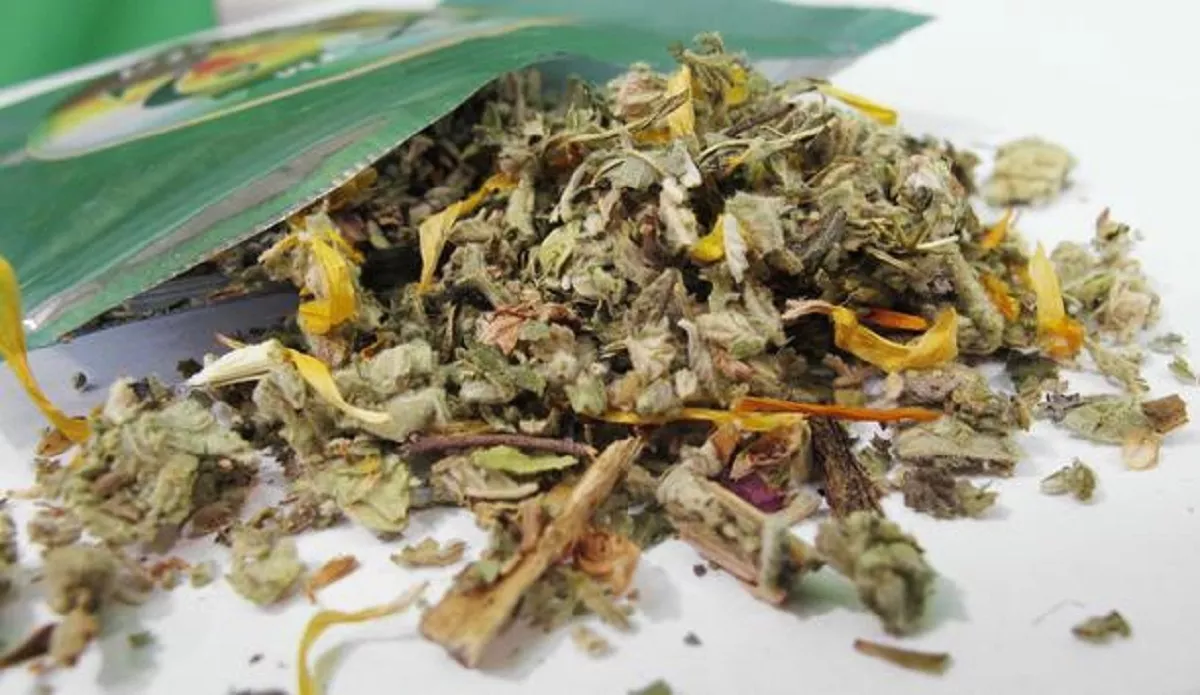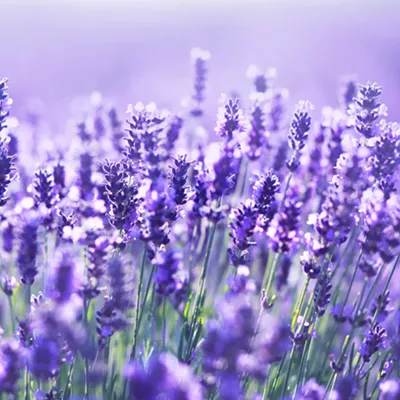Fake massacres, fake polls, fake bacon shortages. "FAKE NEWS," yell the tweets from the president. True or not, dezinformatsiya has infiltrated the American imagination (again). Are we not suckers for exaggeration and propaganda? Remember Reefer Madness? "The burning weed with its roots in Hell!" But where's the beef?
In December, the New England Journal of Medicine released a report describing an investigation into a "mass intoxication" incident in New York City where 18 people were hospitalized with "zombielike" behavior. The culprit? A very real substance: AMB-FUBINACA, i.e., fake marijuana.
Synthetic cannabinoids (similar to cannabis only in that they bond to the same receptor cells in the brain and tissues) have made headlines in American newspapers for years, but new "ultrapotent" incarnations of the drugs are now being reported, as in the case above, where lab tests found AK-47 24 Karat Gold (the drug's street name) to be 85 times more potent than the THC in a natural marijuana plant. A related chemical has been implicated in the deaths of at least 40 people in Russia.
Washington state's Pharmacy Quality Assurance Commission adopted rules in 2011 to ban such substances and gave law enforcement authority to "prosecute for the distribution, manufacture, sale and possession" of synthetic weed. The great irony is that many of the chemicals, such as AMB-FUBINACA, were first concocted and patented by supranational pharmaceutical companies like Pfizer. Public access to the patents has allowed illicit operations in China to export such drugs to American shores for packaging and sale. As John Huffman, an early developer of synthetic cannabinoids as a chemist at Clemson University in the 1980s, lamented, "someone opened Pandora's box."
Did it have to be this way? "If cannabis were federally legal, people wouldn't be using synthetic cannabinoids," argues VICE correspondent Hamilton Morris.
Legalizing marijuana would, as with any plant product on the free market, reduce its wholesale price dramatically, a phenomenon already unfolding in the states that have implemented a legal recreational market. The price of a pound of cannabis in Colorado, according to the Washington Post, has fallen 24.5 percent in the past year. It's much the same in Washington: about two percent per month. At least economically, cheap cannabis could steer thrill seekers away from synthetic cannabinoids, which are now so affordable that many homeless populations have become frequent users of the drugs.
Why choose an unnatural, dangerous alternative when the "real thing" is so cheap that, as one researcher predicts, it's almost free, "the way bars give patrons beer nuts and hotels leave chocolates on your pillow." ♦



















